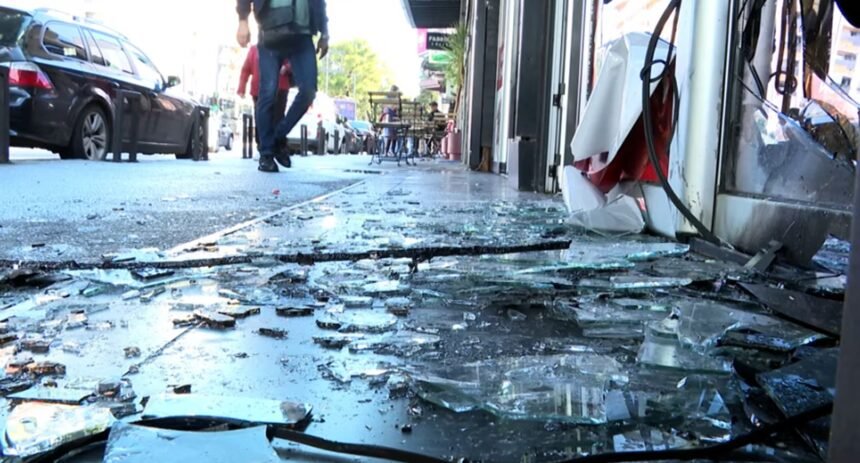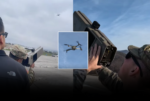Montenegro/Serbia 29.10. 2025
President of Serbia, Aleksandar Vuçiq, has denied any involvement in the recent anti-Turkish incidents in Montenegro, claiming on Wednesday that he “had no idea this was happening.”
Vuçiq responded to accusations from Podgorica that the Montenegrin government’s retaliatory actions against Turkey were connected to Ankara’s supply of drones to Kosovo. He stated, “Such a thing never crossed my mind,” and criticized critics for lacking a constructive agenda, saying, “They need a new agenda because they don’t know what to offer besides hatred towards everything Serbian.”
The incidents began on October 26, after a clash in Podgorica left a local resident injured, allegedly at the hands of two foreign nationals. Following the confrontation, protests erupted with chants demanding that “Turks must be expelled from Montenegro,” which escalated to attacks on Turkish citizens and their property. In response, the Montenegrin government, including parties with ties to Vuçiq, imposed visa restrictions on Turkish nationals.
Political Figures Accuse Vuçiq of Manipulation
Ivan Vujović, head of the Social Democratic Party of Montenegro, accused Vuçiq of using Montenegro to retaliate against Turkey due to drone shipments to Kosovo. Vuçiq dismissed Vujović as “a boy carrying out orders for Milo Đukanović,” also targeting writer Andrej Nikolaidis, who claimed the unrest bore “the clear signature” of the Serbian president.
The opposition European Alliance described the Montenegrin government’s visa restrictions as a “xenophobic and dangerous act” orchestrated under instructions from Belgrade, suggesting Vuçiq exploited the situation to provoke anti-Turkish hysteria.
Rifat Fejziq, head of the Islamic Community in Montenegro, commented on social media: “Less than 20 days later, is Belgrade punishing Turkey through Montenegro?”
Denouncing Vuçiq’s Tactics
While Vuçiq publicly distances himself from the unrest, patterns of influence from Serbia in Montenegro’s political landscape tell a different story. Parties aligned with Vuçiq have consistently pushed agendas that destabilize relations between Montenegro and other nations, particularly Turkey. The timing of these anti-Turkish incidents—coinciding closely with Ankara’s support to Kosovo—raises serious questions about Serbia’s role in fomenting ethnic and political tensions beyond its borders. By exploiting Montenegrin institutions and nationalist groups, Vuçiq risks internationalizing conflict in the Balkans, undermining regional stability, and endangering minority communities.
The incidents reflect a broader strategy of serious interference in neighboring states’ domestic affairs, making it imperative for the international community to scrutinize Vuçiq’s actions and hold responsible parties accountable.







